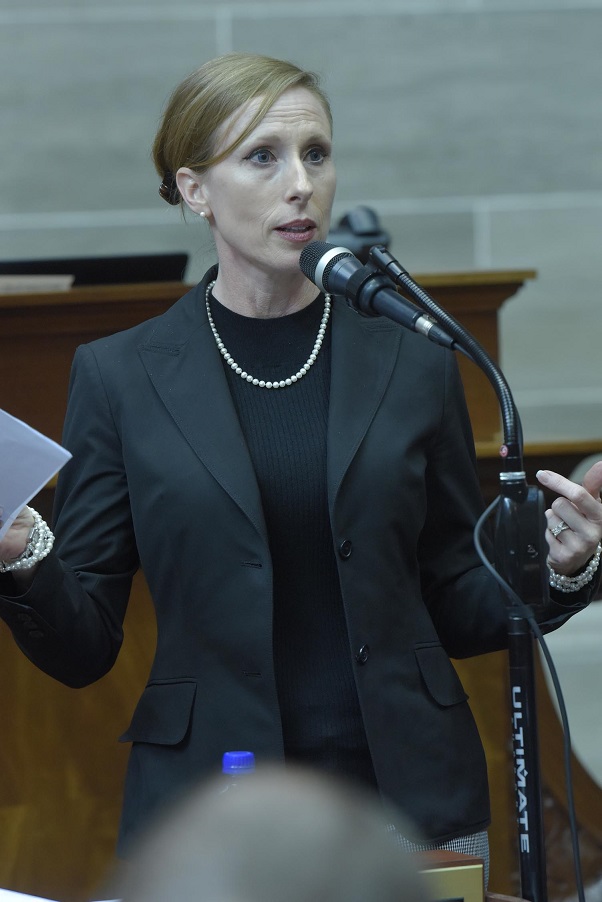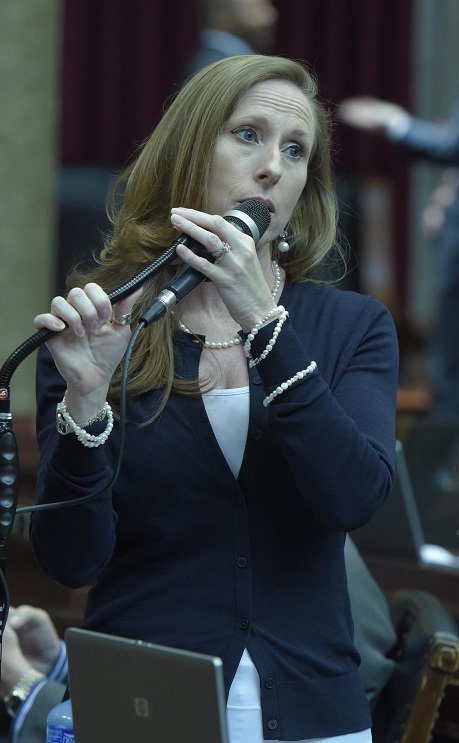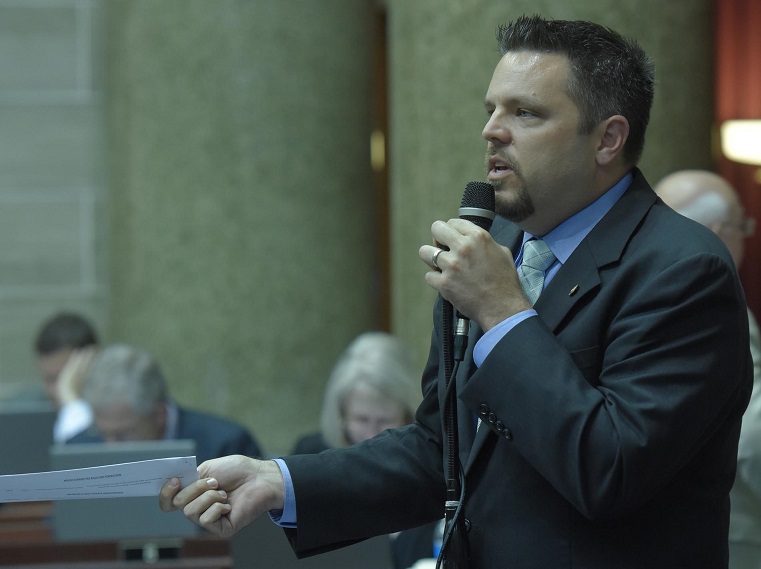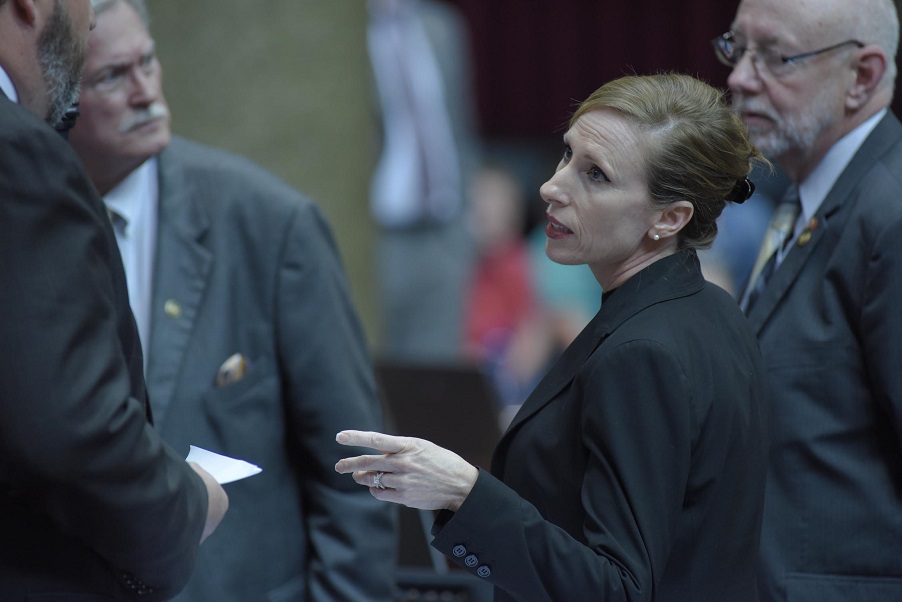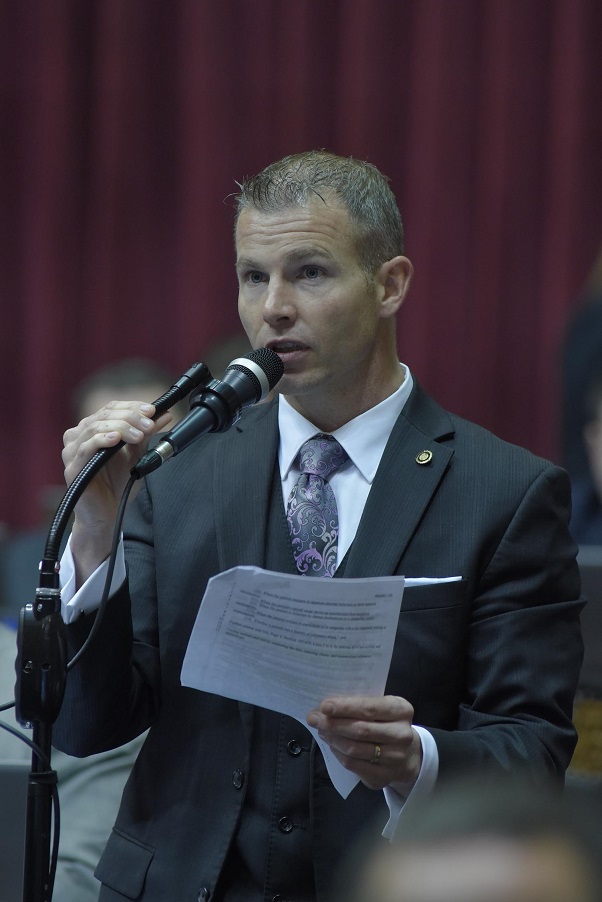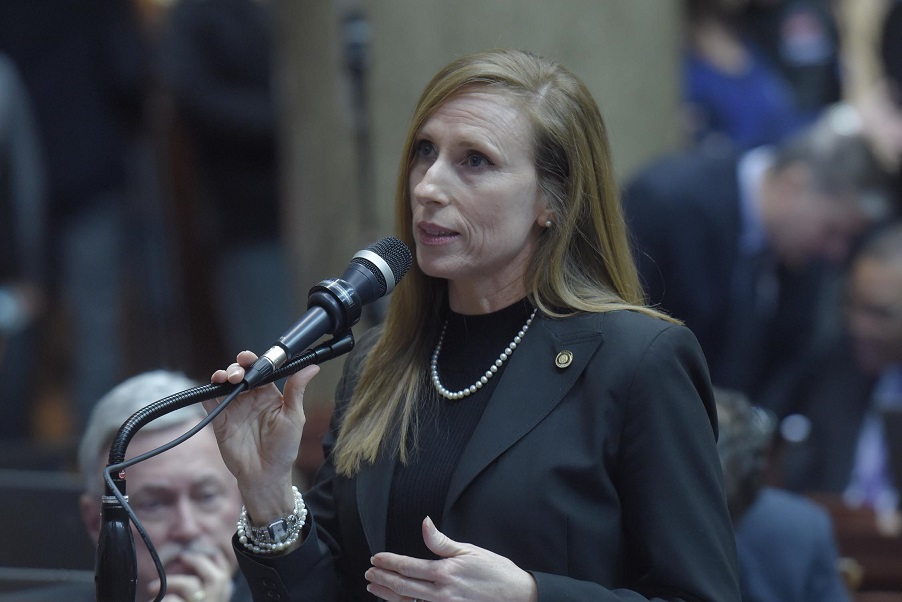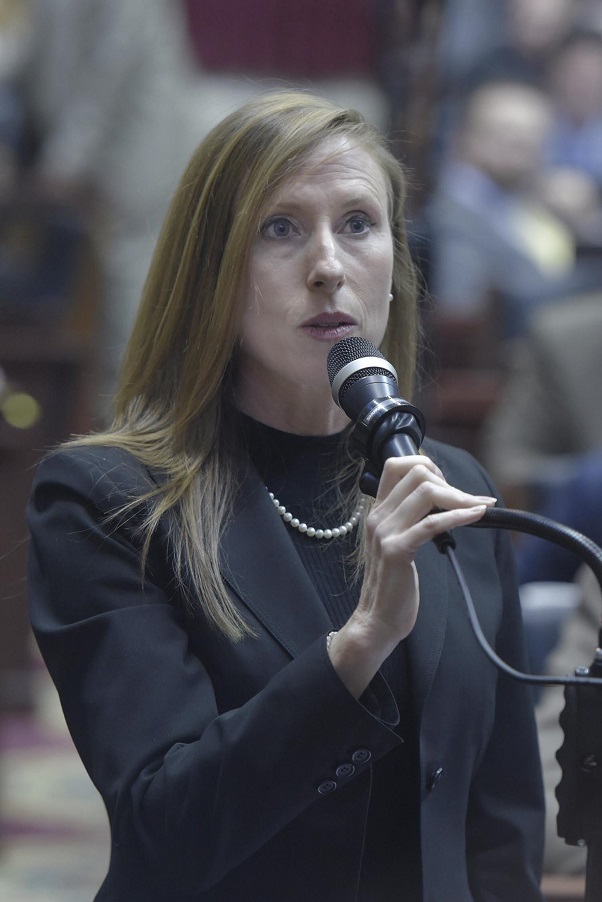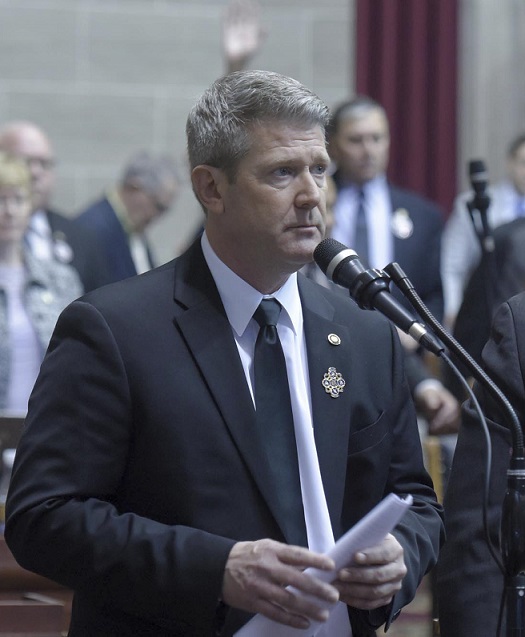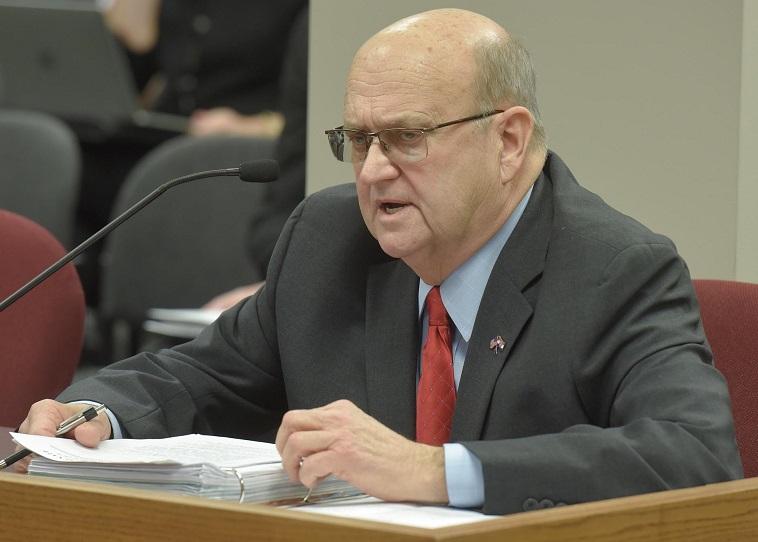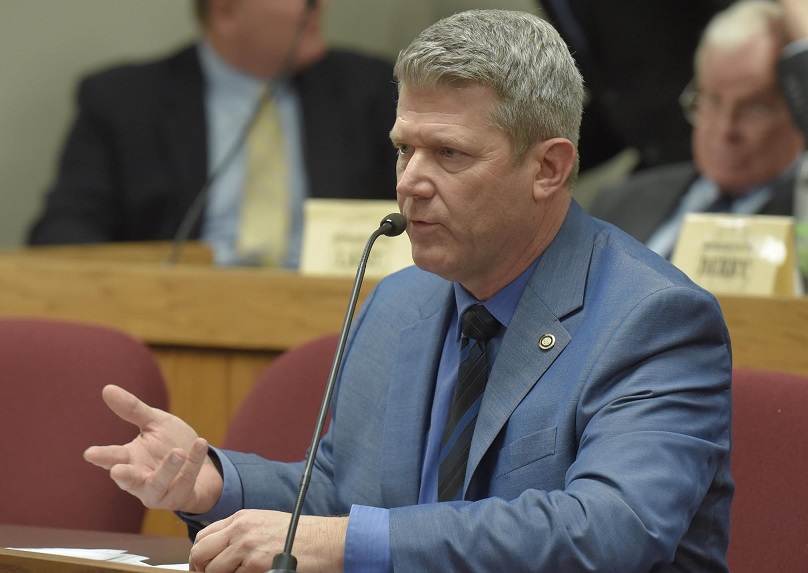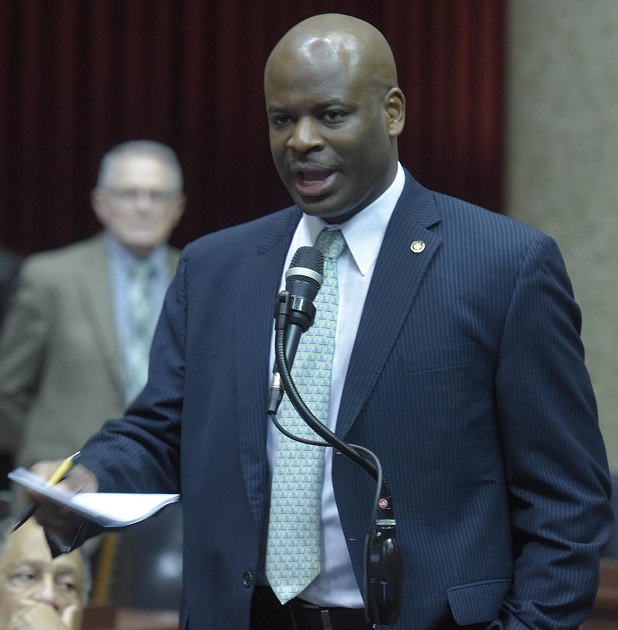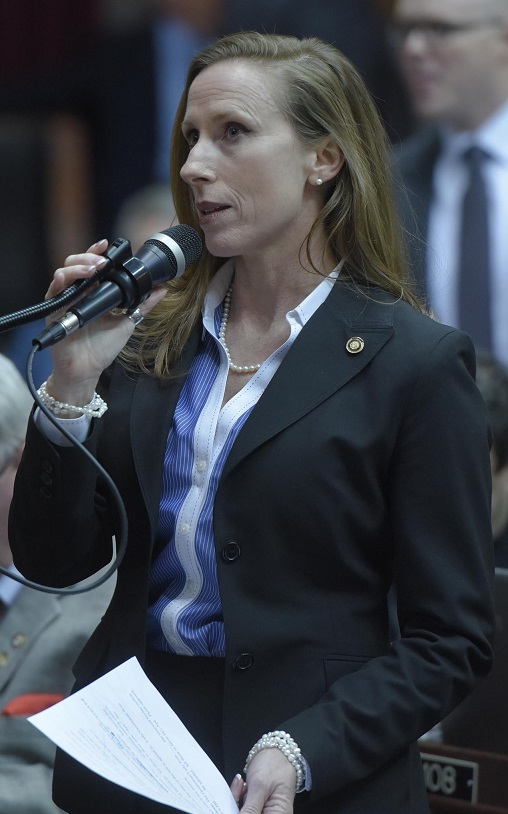Members of a House Committee have been told a bill to exempt needle exchange programs from drug paraphernalia laws could help combat a potential outbreak in intravenous diseases like HIV and Hepatitis C.
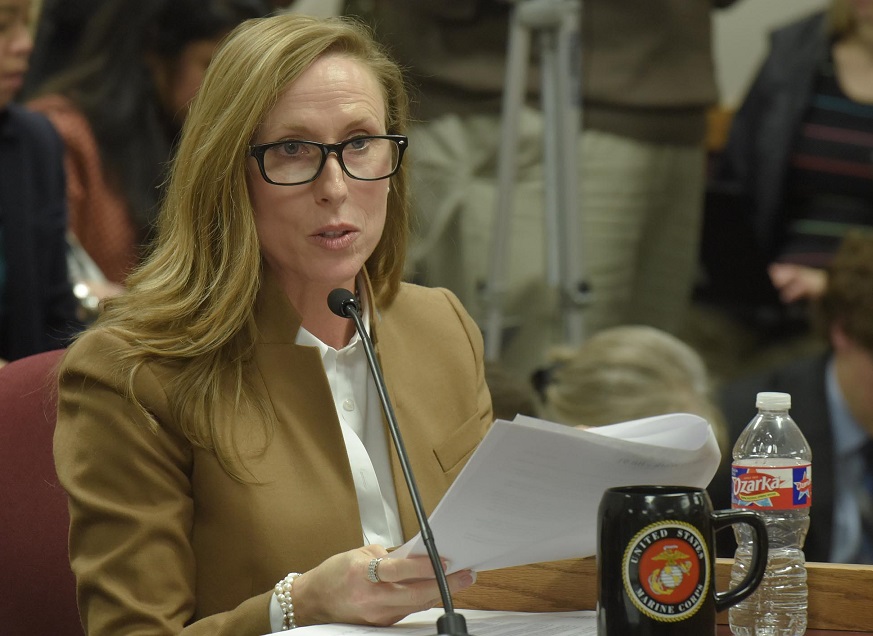
Representative Holly Rehder (R-Sikeston) told the Special Committee on Urban Issues that abusers who take advantage of needle exchange programs are five times more likely to enter treatment programs.
The committee also heard that the Centers for Disease Control have identified 10 counties in Missouri where conditions could lead to an outbreak like that in Scott County, Indiana. In that county of more than 24,000 people, 227 became infected with HIV in 2015 and 2016 due largely to sharing needles used to abuse intravenous drugs.
“This bill is to, honestly, sanction existing programs that we have running in the state,” Rehder told the committee about her bill, House Bill 1620. “Right now we have syringe access, or needle exchange which it is also called, running in the St. Louis area and the Kansas City area. These have been ongoing for some time but the problem is that they’re running in a somewhat grey area because Missouri’s law has a paraphernalia charge that could be charged. The local jurisdictions have not pressed that because they see the good in these programs.”
Chad Sabora is a former prosecutor who became a heroin user, and is now an activist in fighting heroin addiction. He runs one of the needle exchange programs operating in Missouri, which he said won’t stop an outbreak but is a “crucial piece of the puzzle.”
“80-percent of the people that use my syringe access program I put into treatment within three months, because as Holly stated it’s early engagement,” said Sabora. “They walk into my office seeking clean needles and nothing else, and what they get is something different. They get conversation, they get compassion, they get treatment resources that they did not know exist, and once they find out that all these options are available for them most of them reach out for help, and I never would have told them about those options if they didn’t walk into my office just to get that clean needle that day.”
The committee heard needle exchange programs could also save the state money. Rehder told the committee the cost to treat HIV patients on Medicaid is expected to increase this year because of changes to the Medicaid program.
Sabora told the committee that a rule change by the Department of Social Services means that anyone with Medicaid can receive treatment for Hepatitis C.
Rehder has led legislative efforts in recent years to pass a statewide drug monitoring program to help fight opioid abuse, and has shared how opioid addiction struck her family; her daughter became addicted to opioid painkillers after being treated for a cut she suffered at work. Rehder said she sees this as another tool to fight opioid addiction.
“We’ve got to be sure that we move emotion to the side and actually look at the numbers, look at the statistics – what’s working?” said Rehder. “When people first hear about needle exchange one of the first things they say is that’s enabling a user, but you have to look past that. You have to look beyond the stigma of addiction and you have to see, ok but what helps? What works? What gets better outcomes?”
Rehder said if her bill passes to remove the “gray area,” she believes needle exchange programs will spread to other parts of the state including the counties flagged by the CDC.
The committee voted unanimously to pass HB 1620. It next goes to the House Committee on Rules.
